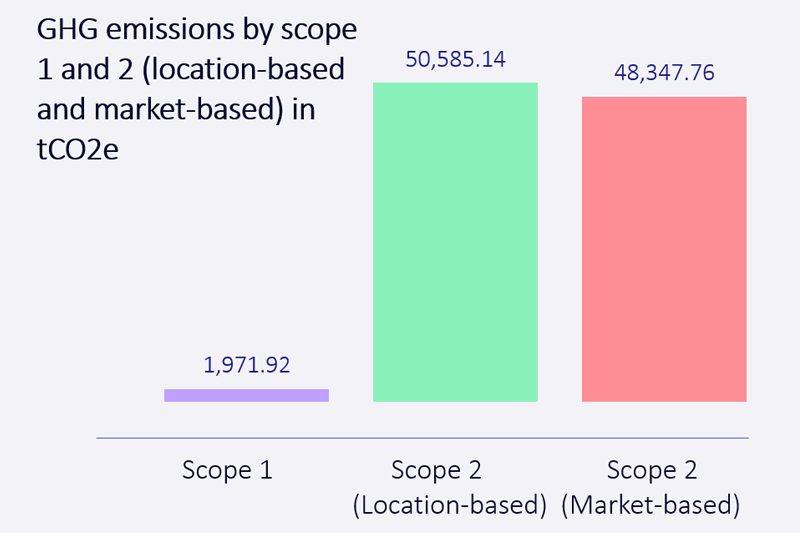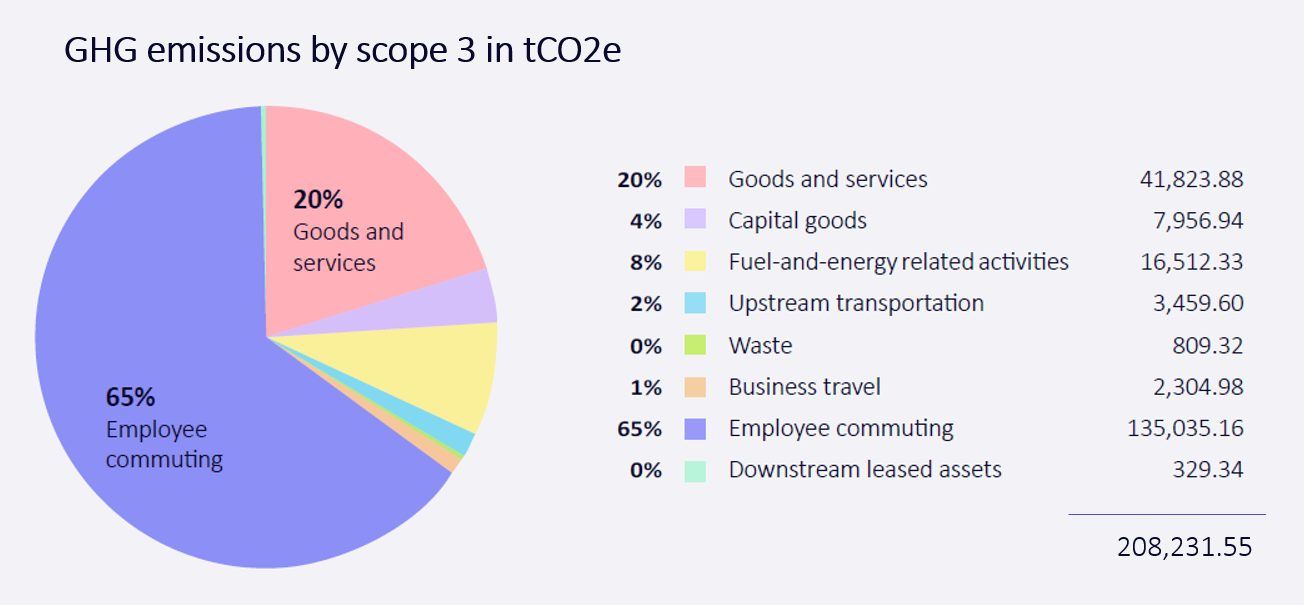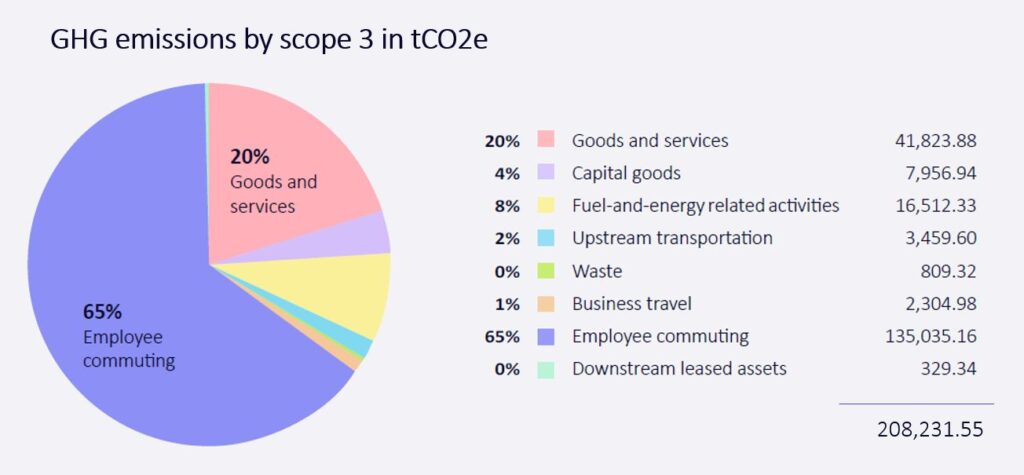
Environmental
Explore by pillar – Social | Governance
Our commitment to sustainable development
We believe sustainable development requires balancing good stewardship in the protection of human health and the environment with the need for profitable growth of its operations.
Global climate change
Foundever is committed to the goal of the Paris Agreement and Science Based Target initiative (SBTi) of 1.5 Celsius by 2050. Today, our teams are taking steps to greatly reduce greenhouse gases (GHG) across our operations and supply chain, all using GHG protocol and Global Reporting Initiative (GRI) frameworks.
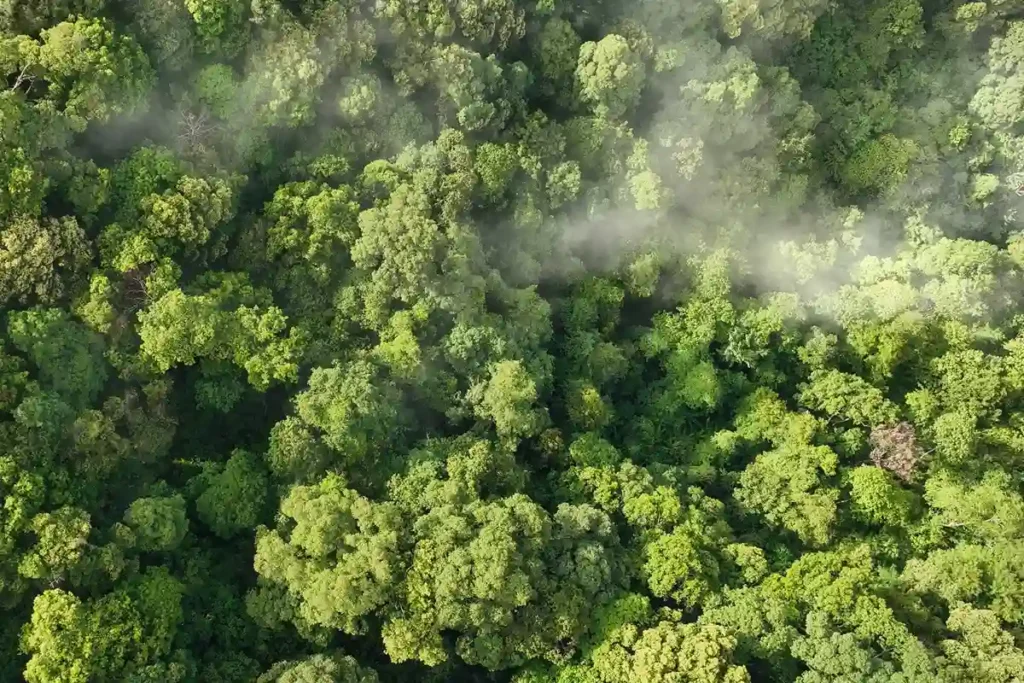
Net zero by 2050
Foundever began tracking and monitoring its global GHG emissions starting in 2022 and making our Science Based Target initiative (SBTi) commitment to become Net Zero by 2050. While developing its first Carbon Reduction Plan, we have already taken significant steps to reduce its emissions through strategy and policies relating to our Net Zero strategy. Since these policies have been introduced, Foundever is now measuring emissions to fully understand any further opportunities for reductions in line with our intention to achieve a Net Zero target by 2050.
Our near-term validated transition plan
Foundever commits to reduce absolute scope 1 and 2 GHG emissions 54.6% by 2033 from a 2023 base year. Foundever Group S.A. also commits to reduce scope 3 GHG emissions 61.1% per million EUR value added within the same timeframe.
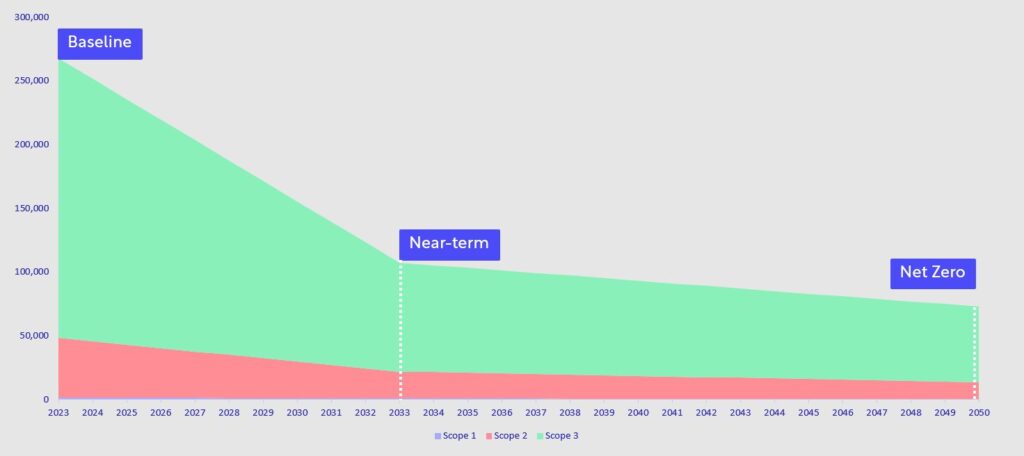
Total emissions
Foundever calculated its scope 1 and 2 emissions for both market and location based as well as identified the relevant scope 3 categories for its greenhouse gas (GHG) emissions. These efforts contribute to a healthier atmosphere and support the fight against climate change on our planet.
| 2023 | 2024 | |
| Scope 1 + 2 Location-based + 3 | 267,448.53 | 260,794.61 |
| Scope 1 + 2 Market-based + 3 | 265,373.04 | 258,557.24 |
Business resilience to climate change
Recent tragic weather events have highlighted that climate change is no longer an abstract threat; it is an immediate and pressing reality affecting communities and businesses across all sectors. As the frequency of extreme weather events increases and legislators and courts consider environmental regulations, corporations are advised to mitigate risks and capitalize on emerging opportunities.
To address these challenges, Foundever recognizes the potential impacts of climate change on its business operations. The company plans to conduct thorough climate risk assessments to evaluate these threats. The outcomes of these assessments will be reported externally in future ESG (Environmental, Social, and Governance) reports and annual CDP (Carbon Disclosure Project) assessments.
The key areas of assessment will include:
- Physical risks
- Transitional risks
- Reputational risks

